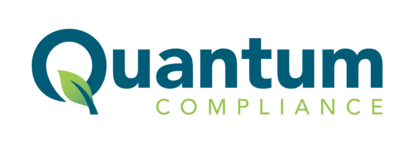In today’s globalized market, managing chemicals responsibly and complying with international regulations are pivotal challenges for businesses. The landscape of chemical management is continually evolving, driven by a growing emphasis on safety, environmental protection, and public health. As such, staying ahead of compliance in global regulations is not merely a matter of legal necessity but a strategic imperative for companies worldwide. This article explores effective strategies and practices to navigate and remain compliant with the complex world of global chemical regulations.
Understanding the Global Regulatory Framework
The first step in managing global compliance is understanding the diverse regulatory landscape. Different regions have their unique regulatory frameworks, which can vary significantly in terms of scope, stringency, and enforcement. Some of the key international regulations include:
- REACH and CLP in the European Union: REACH (Registration, Evaluation, Authorization, and Restriction of Chemicals) regulates the production and use of chemicals, while CLP (Classification, Labeling, and Packaging) ensures that the hazards presented by chemicals are clearly communicated.
- TSCA in the United States: The Toxic Substances Control Act governs the introduction of new or existing chemicals.
- GHS (Globally Harmonized System): An international standard for the classification and labeling of chemicals, aiming to standardize the criteria worldwide.
Businesses must not only be aware of these regulations but also keep abreast of any updates or changes to ensure ongoing compliance.
Leveraging Technology for Compliance
Technology plays a critical role in managing compliance efficiently. Implementing an integrated chemical management system that can adapt to various regulatory requirements globally is crucial. Such systems should offer features like:
- Automated updates of regulatory information: Keeping SDSs and other compliance documents current with the latest regulations.
- Multi-language support: Essential for global operations to ensure that all employees, regardless of location, have access to understandable safety information.
- Tracking and reporting capabilities: Simplifying the process of compiling and submitting the necessary documentation to regulatory bodies.
Cloud-based solutions are particularly effective, as they can provide real-time updates and allow access from anywhere in the world, which is vital for multinational operations.
Regular Training and Education
Continuous education and training of employees are paramount in ensuring compliance. Regular training sessions should be conducted to educate employees about the latest regulatory developments and their specific roles in compliance. This includes training on safe chemical handling, emergency response, and understanding GHS labeling and SDSs. Such initiatives not only promote safety but also empower employees to take an active role in compliance efforts.
Collaborating with Regulatory Experts
Given the complexity of global chemical regulations, partnering with regulatory experts can provide significant advantages. These experts can offer up-to-date insights and guidance on navigating the regulatory landscape effectively. For businesses operating in multiple countries, consultants specializing in local regulations can be invaluable in ensuring that operations in each location are compliant.
Proactive Compliance Strategy
A proactive approach to compliance involves anticipating changes in regulations and industry standards. This can be achieved by participating in industry forums, working groups, and other platforms where upcoming regulatory changes are discussed. Being part of these conversations allows companies to prepare and adapt in advance, thus maintaining a leading edge in compliance.
Conclusion
Staying ahead of global chemical regulations requires a comprehensive and proactive strategy. By understanding the regulatory framework, leveraging technology, ensuring continuous employee training, collaborating with experts, and adopting a proactive compliance approach, businesses can effectively manage the challenges of global chemical management. As regulations continue to evolve, maintaining a flexible and informed compliance strategy will be key to not only avoiding penalties but also ensuring a safe and sustainable operation.







